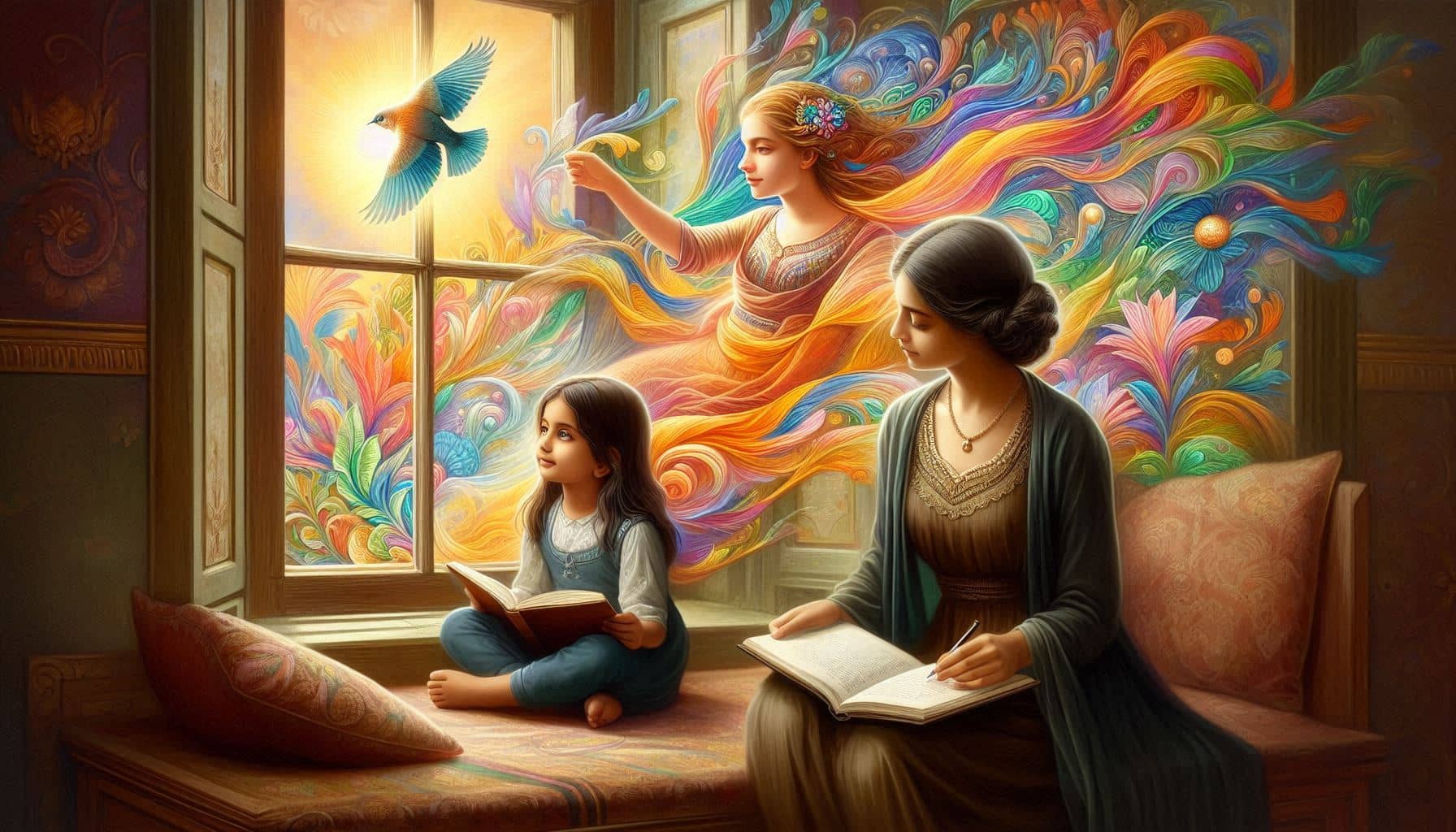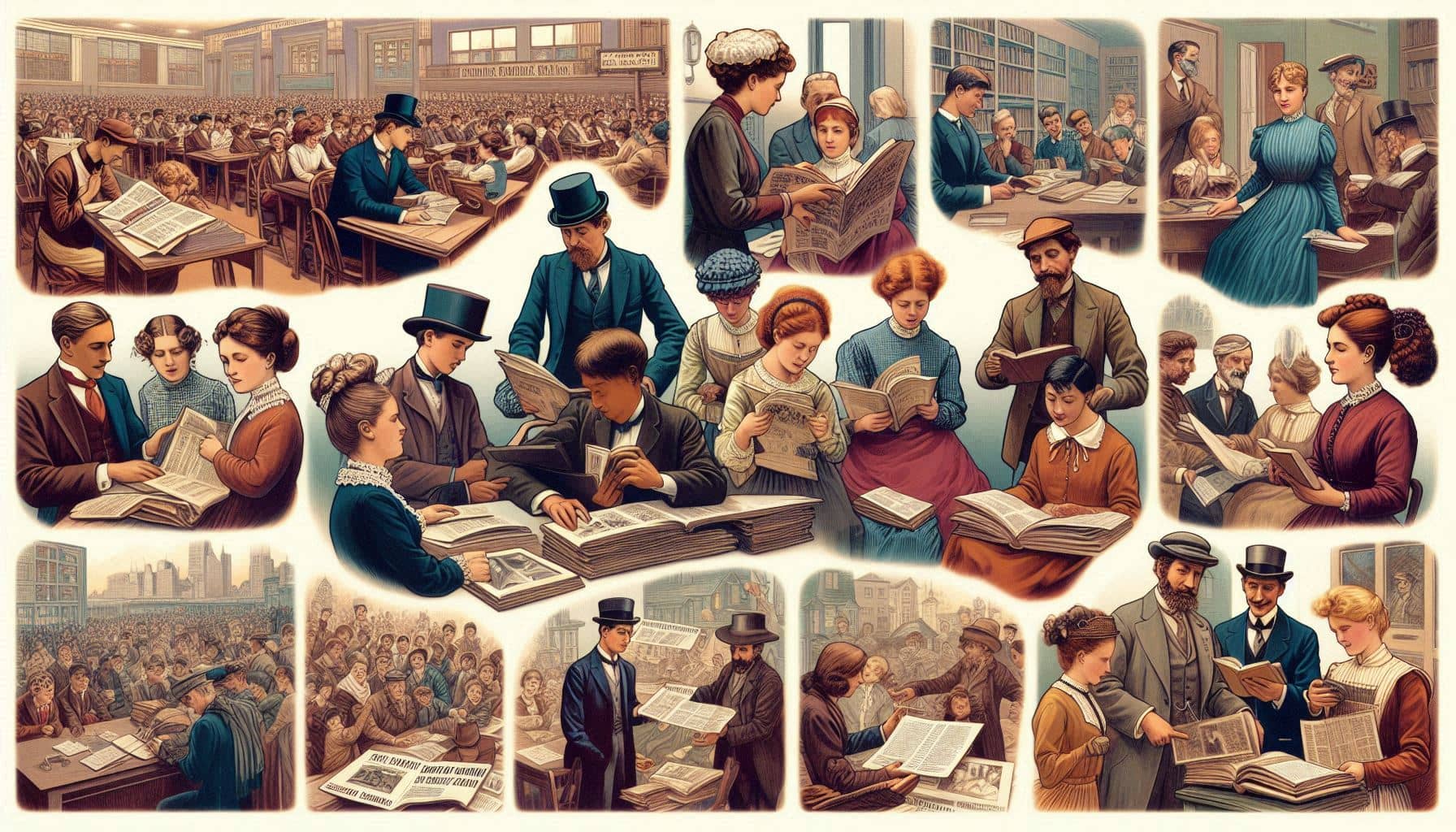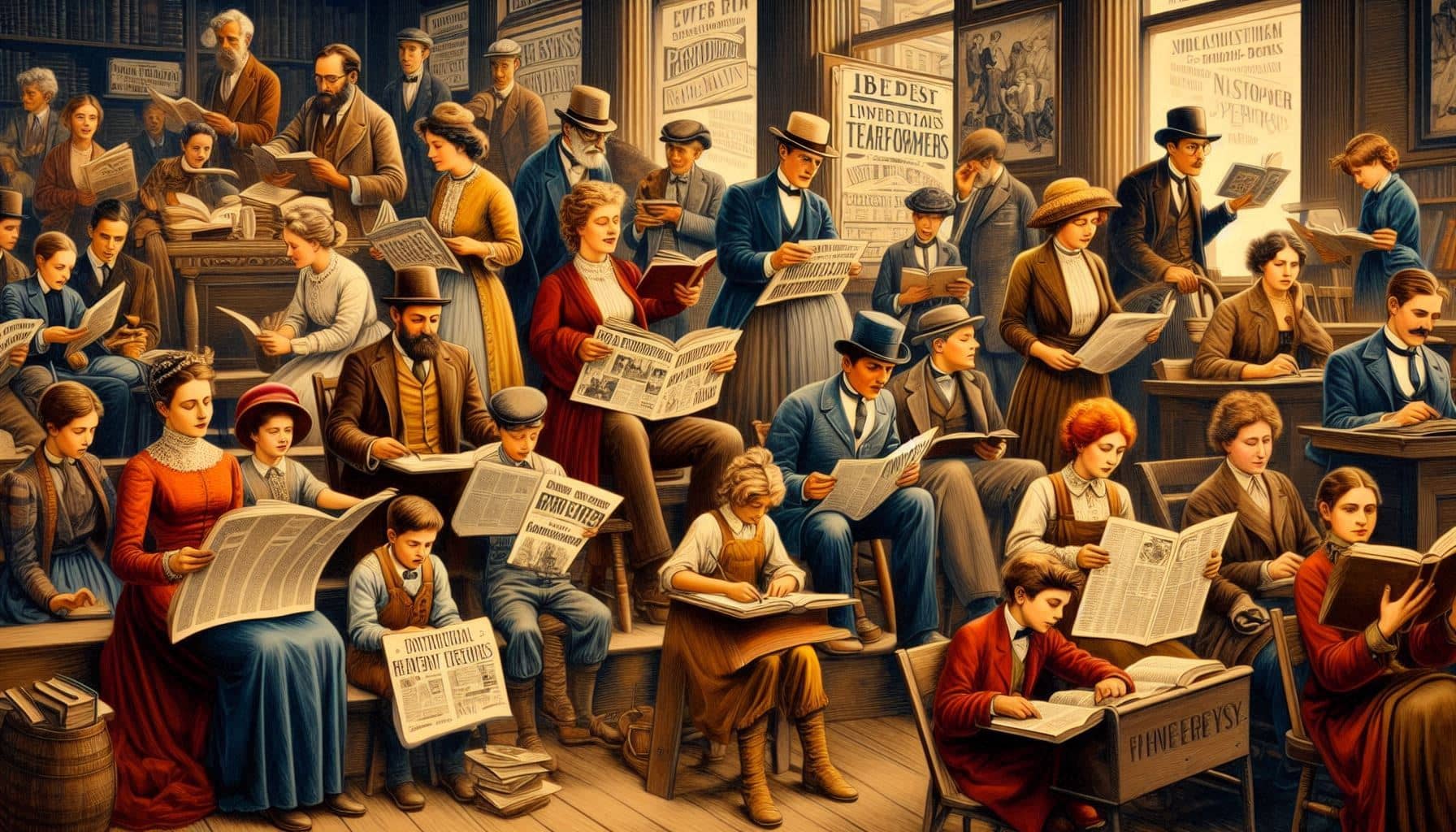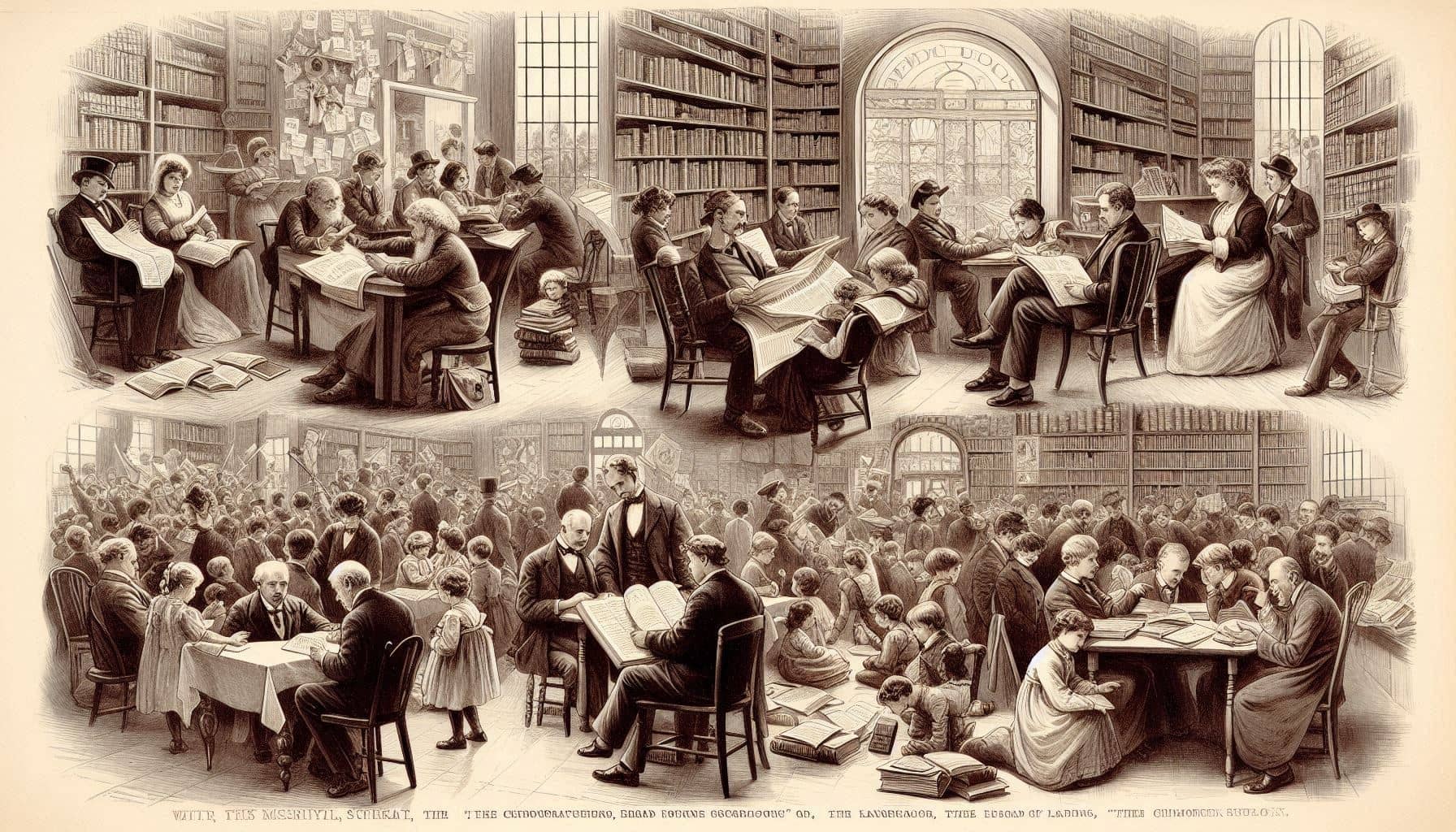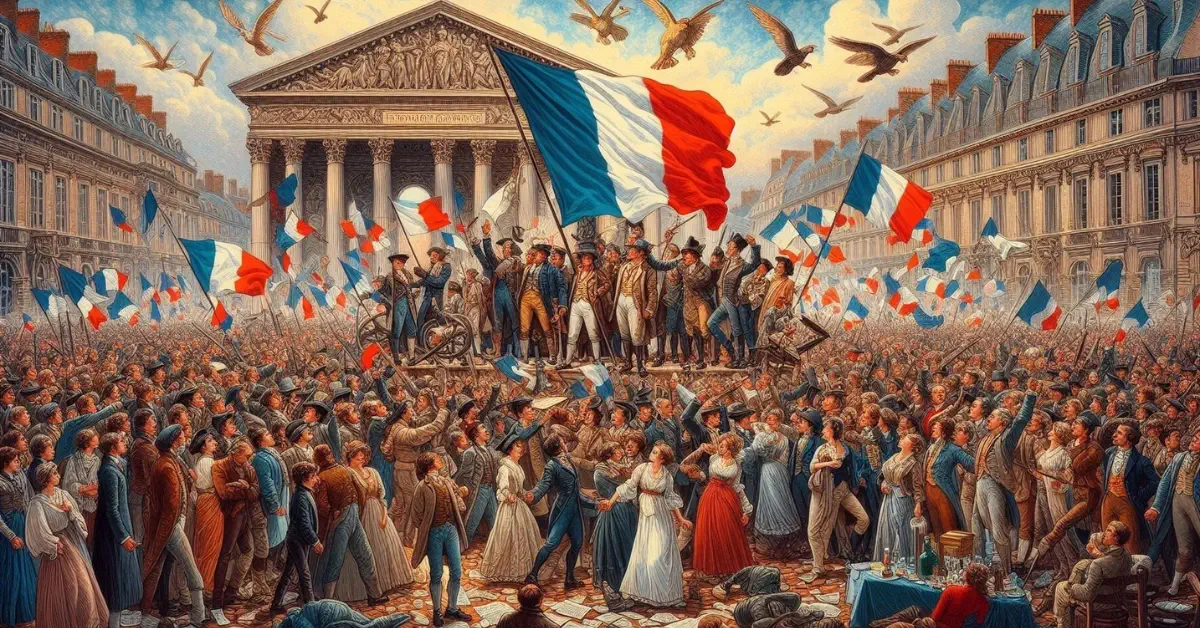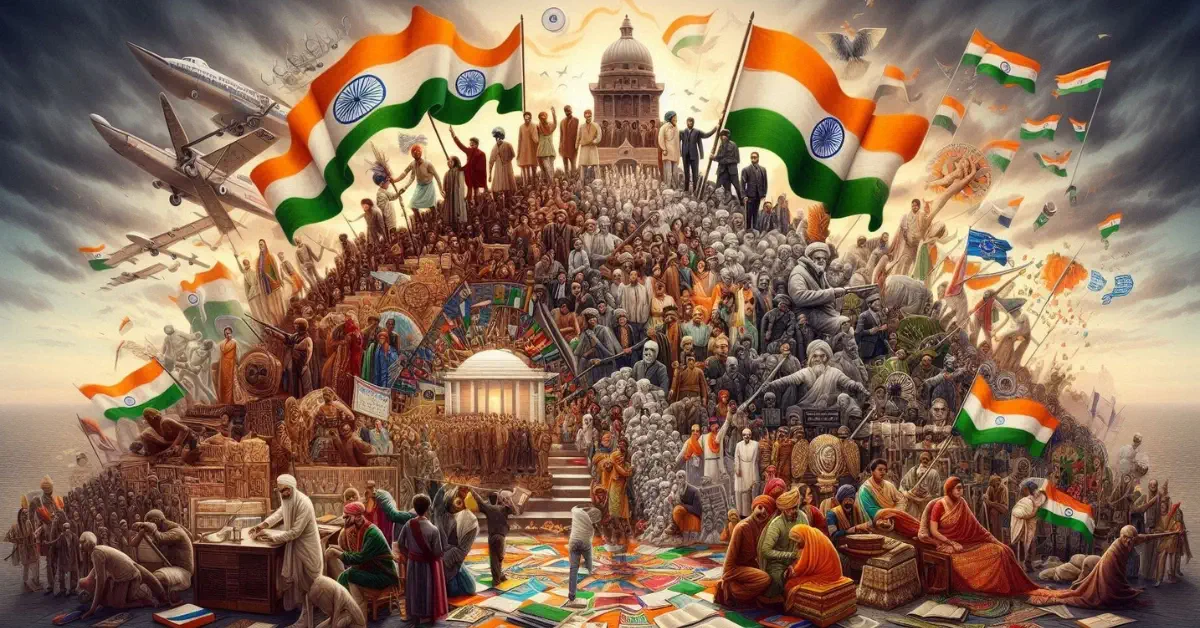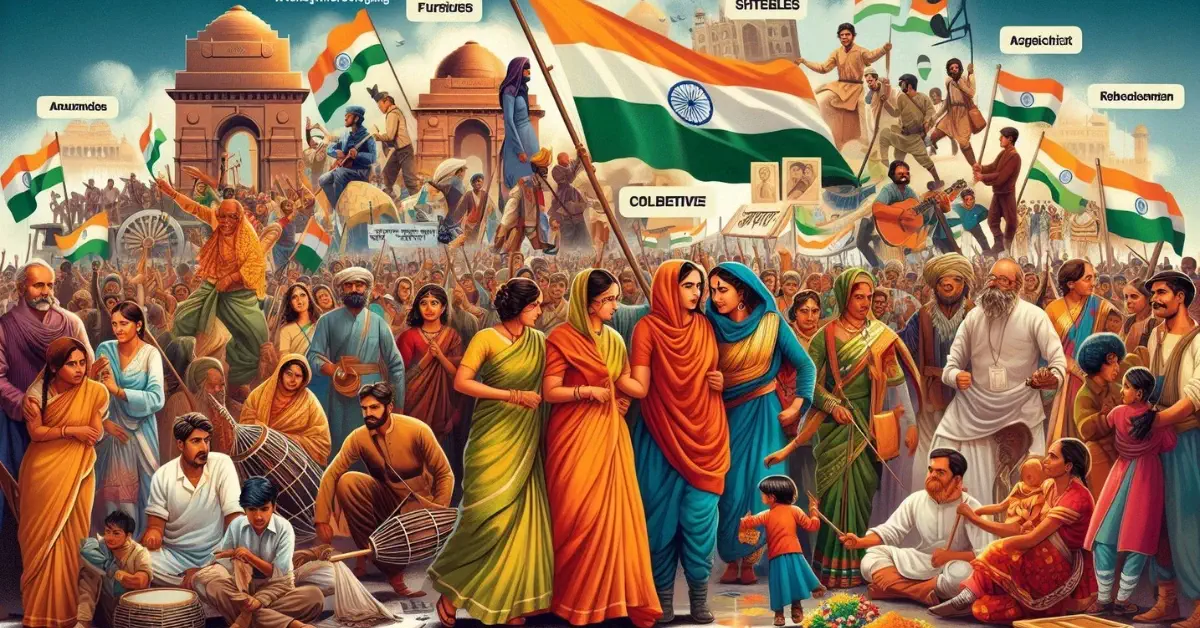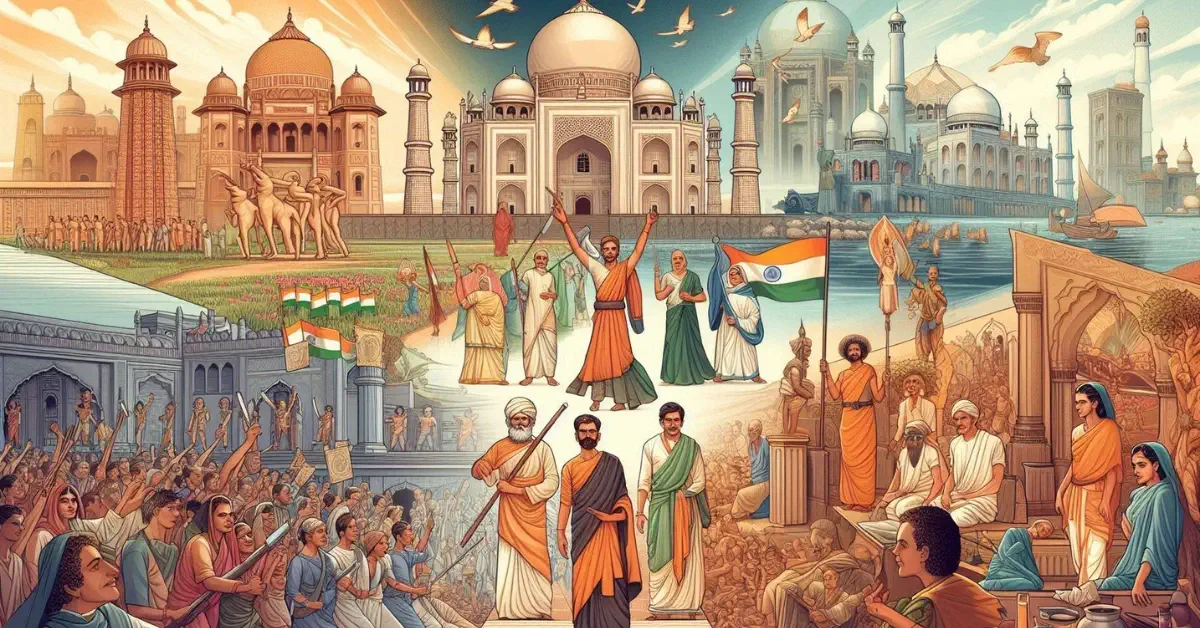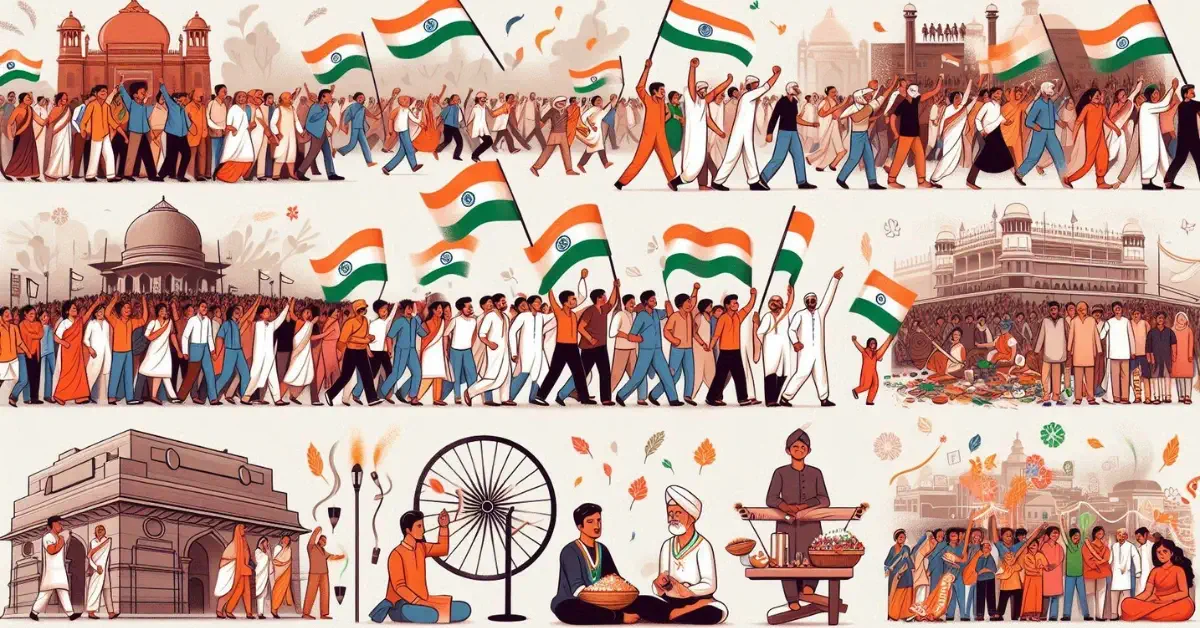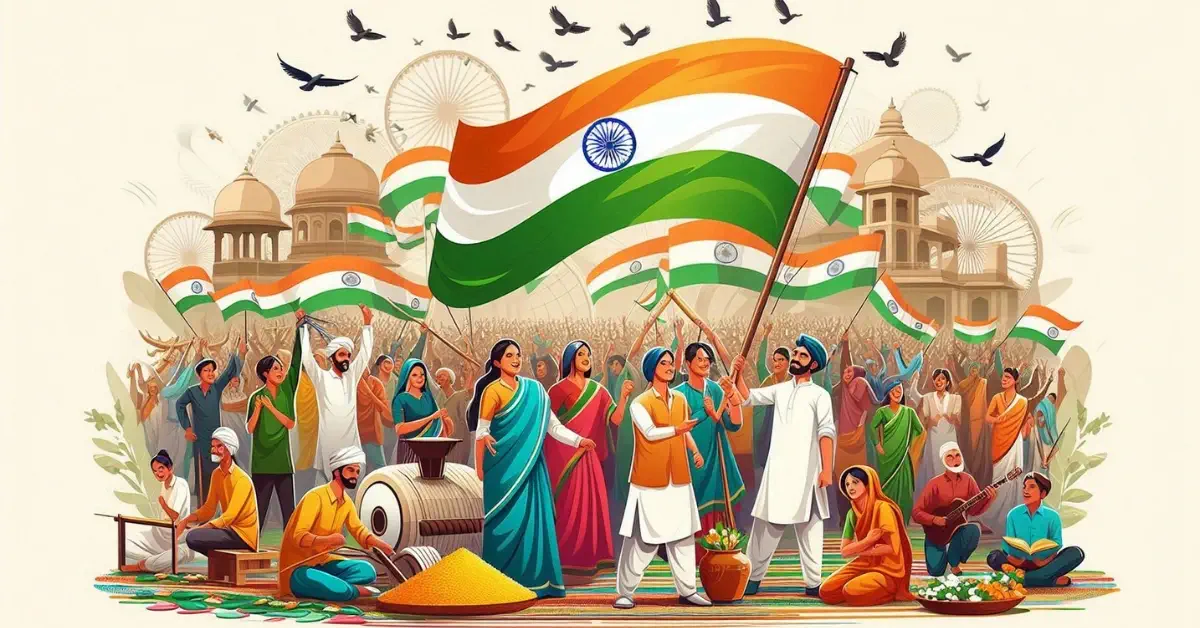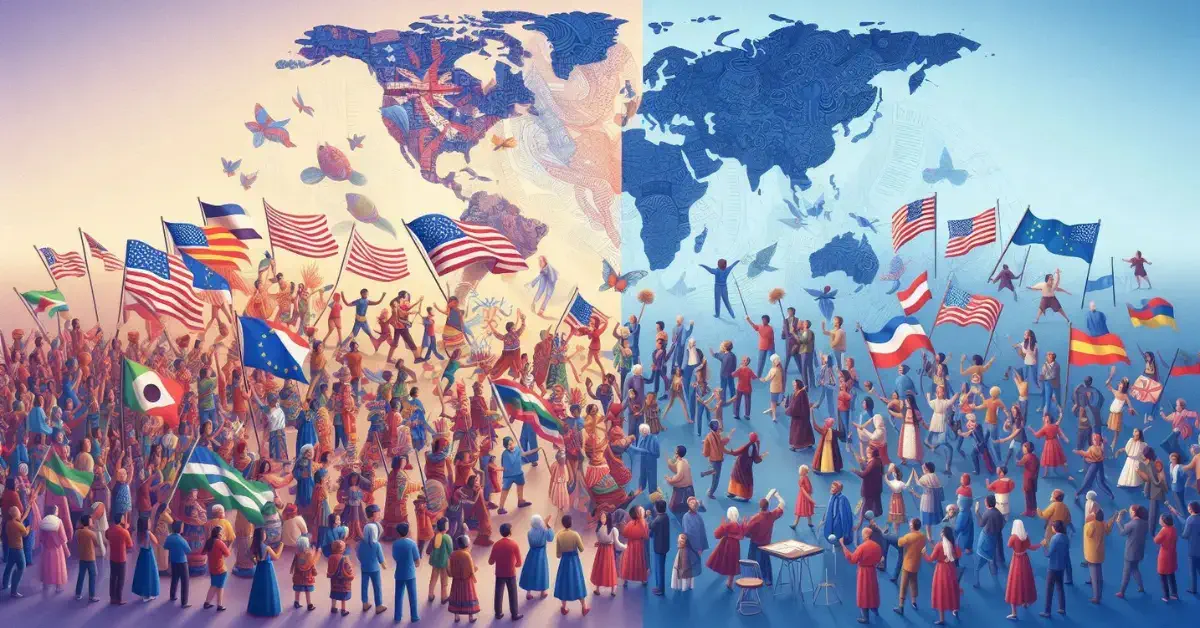What Were The Effects Of Reading Mania On Children And Women?
What Were The Effects Of Reading Mania On Children And Women? Short Answer: Reading Mania opened new doors for children and women in the 19th century. For children, it brought joy and education through storybooks, shaping their minds and imaginations. For women, it was empowering – they gained access to knowledge, found their voices, and … Read more

